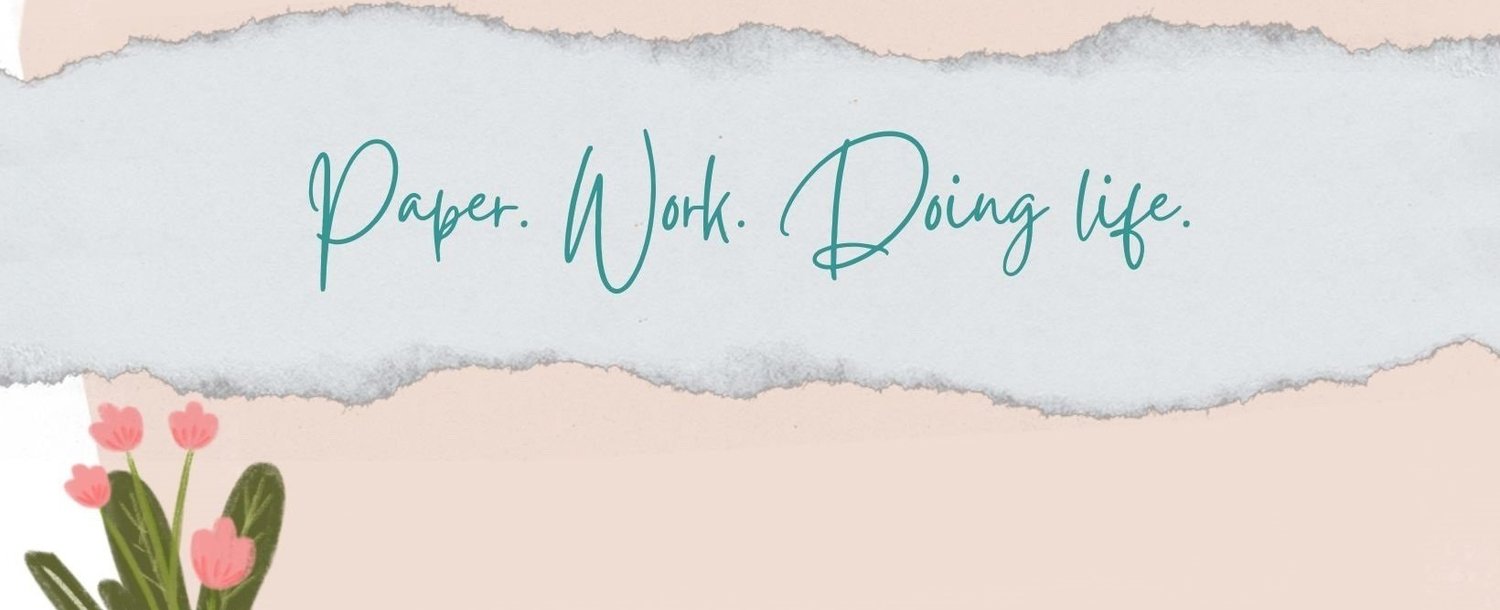The Work: My Search For a Life That Matters - Wes Moore
Moore, Wes. The Work: My Search For a Life That Matters. New York: Spiegel and Grau, 2014.
How do I find a life that matters? I don’t always know if my students are asking this question, but I surely think they should be. I have been fascinated by Moore since his first book The Other Wes Moore. I was eager to add this newer work to my summer nonfiction reads. His thoughtful work does not disappoint.
Moore has quite an impressive resume: Rhodes Scholar, decorated war veteran, White House Fellows program. His accomplishments in themselves are inspirational. The insights into his motivation are even more so. He writes with passion about the aftermath of September 11, 2001. He is honest about his desire to do something meaningful with his life, even if he doesn’t always know for sure what that might be. He traces the influences of the mentors in his life, a coach, a commanding officer, and grandfather. Interspersed with his own life story are biographies of the people whom he admires. He includes the founder of the KIND company and the head of the Peace Corps. Without fail, these are people who have overcome adversity to better serve the world in which we live.
I really, really liked this book. I want my students to read it. Having said that, I don’t anticipate the selling of this title to be an easy one. I will market it to my advanced students first. His successes and the premise of his first book will, perhaps, intrigue them. The structure, with the alternating chapters about different people who do important work, will engage the students who might be overwhelmed by his reflection. Students are more accustomed to reading sound bites now, and I believe the structure will create this illusion. I have students who aspire to change the world. I will definitely be sharing this book with them. I will be hitting up my library search to seek similarly inspirational titles about people making a difference. The military angle is also exceptionally interesting to many of my students. I have a variety of directions to go and am eager for the fall to choose one and get started!


